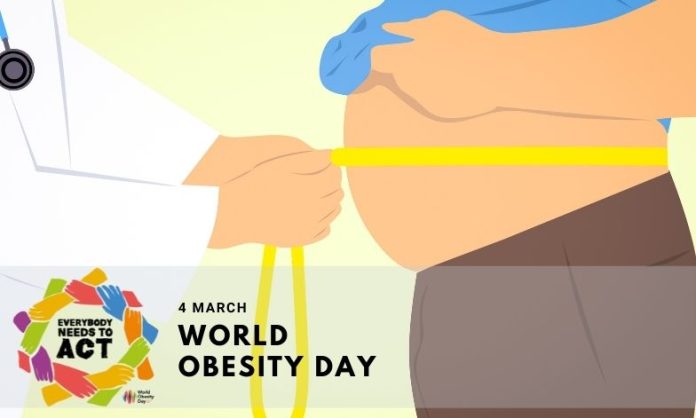Considered as one of the leading causes of death in the world, 800 million people are affected by obesity globally. A new report launch due to coincide with World Obesity Day, on 4 March, was postponed in light of the war in Ukraine, but available data suggests obesity rates continue to climb.
The COVID-19 pandemic has only worsened the issue. People who are overweight or obese have been particularly affected by the COVID-19 pandemic and have, more than the rest of the population, been victims of severe forms of the disease. The pandemic has also had an impact on their medical follow-up.
COVID-19 has severely exacerbated malnutrition in all its forms and threatened the viability and resilience of food systems around the world.
“The coronavirus pandemic could exacerbate one of the most worrying trends in the WHO European Region, namely the rise in childhood obesity,” warned Dr Kluge, Head of WHO Europe.
Nearly 3 million deaths each year
Complications tied to obesity and weight issues, especially type 2 diabetes, heart disease and cancers, lead to the deaths of at least 2.8 million people each year.
More than 40% of men and women (2.2 billion people) are currently overweight or obese, and unhealthy diets are linked to at least eight million deaths per year.
Considered a global epidemic by the WHO, being overweight or suffering from obesity affects more than 17% of children worldwide. In 2019, 38 million children under the age of 5 were overweight or obese.
At the current rate, 40 million children will become obese or overweight over the next decade, moving us away from WHO’s 2025 targets.
Children are particularly vulnerable
Children under the age of 2 are the most vulnerable to all forms of malnutrition – stunting, wasting, micronutrient deficiency, being overweight and obesity – caused by poor diet.
Both WHO and UNICEF believe that this increase among young children is worrying.
In the European Region, according to a previous WHO report, one in three children aged 6 to 9 years was overweight or obese.
Childhood obesity goes hand in hand with a range of serious consequences for health and social life in childhood, as well as a higher risk of premature death and disability in adulthood.
“Overweight and obesity, and related diseases, are largely preventable. The prevention of childhood obesity must therefore be given the highest priority,” according to WHO.
More than half of Europeans are overweight or obese
Weight problems and obesity are increasing at a rapid rate in most EU Member States, with 60% of men and 47% of women affected.
Over the past 30 to 40 years, highly processed and unhealthy foods have become increasingly accessible and affordable, leading to an increase in weight issues and obesity, the European Commission points out.
While Mediterranean countries have the highest rates of obesity, the situation is beginning to improve in some of these countries as several have implemented measures recommended by WHO to combat obesity.
“It is heartening to see that when countries act, the impact is measurable,” said Dr Nino Berdzuli, Director of the Division of Country Health Programmes at the WHO Regional Office for Europe.
However, UNICEF and WHO warn that a toxic combination of growing poverty, inequality, conflict, climate change and COVID-19 further threatens the food systems and nutritional well-being of children, especially those in the poorest and most vulnerable communities and households.
More information

